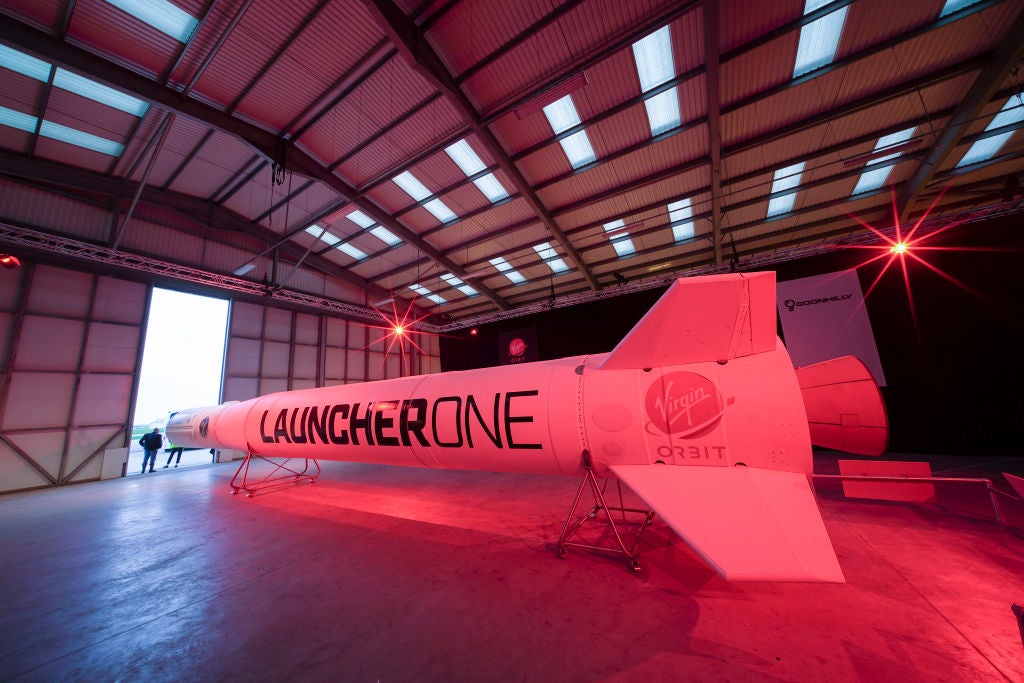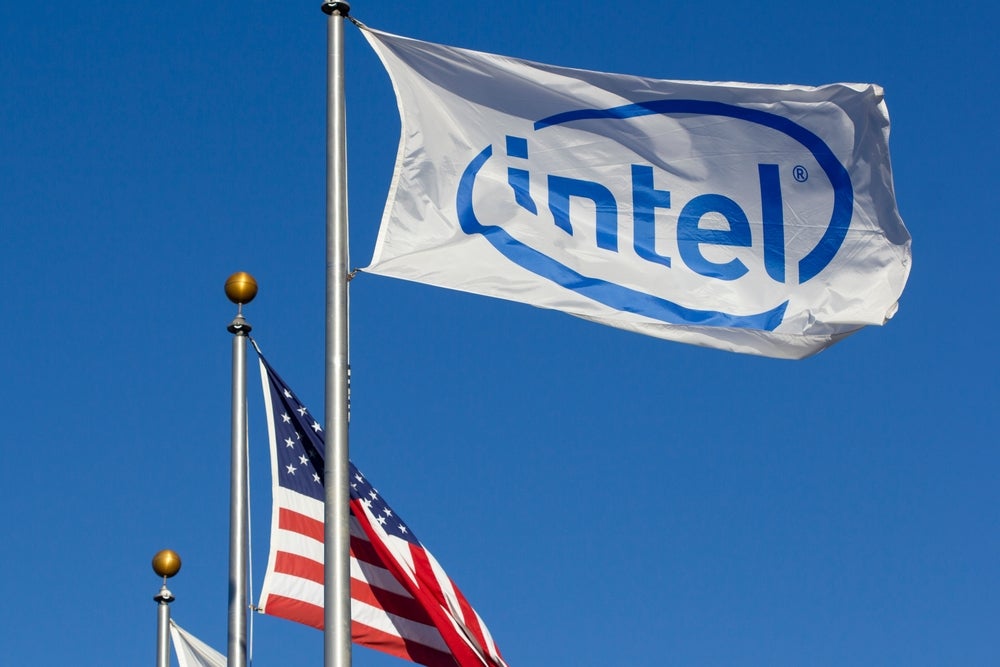
British entrepreneur Richard Branson’s space subsidiary, Virgin Orbit, has collapsed due to lack of funding. CEO, Dan Hart, announced the closure to employees on 30th March, 2023, which will reportedly see 90% of staff cut.
Virgin Orbit is a subsidiary of Branson’s Virgin Galactic which was created in 2017 to provide launch services to small satellites.
The news comes as space economy venture financing fell by over half in 2022, according to research analyst GlobalData. The total value of venture financing deals involving technology companies in the space economy saw a sharp fall after global deal value peaked in 2021.
In 2021, there were $1.79bn worth of venture financing deals involving technology companies in the space sector. That figure dropped to $615m in 2022, according to data from the analyst.
The drop in venture financing in the space economy comes as overall global venture financing dropped significantly in 2022.
Despite the fall in venture financing within the sector, the commercialisation of space will continue. GlobalData predicts the global space economy will be worth over $1tn by 2040. The sector has seen much activity over the last five years with defense deals, scientific progress, and celebrity flights including Elon Musk’s SpaceX, Amazon founder Jeff Bezos’s Blue Origin and Branson’s Virgin Galactic.
How well do you really know your competitors?
Access the most comprehensive Company Profiles on the market, powered by GlobalData. Save hours of research. Gain competitive edge.

Thank you!
Your download email will arrive shortly
Not ready to buy yet? Download a free sample
We are confident about the unique quality of our Company Profiles. However, we want you to make the most beneficial decision for your business, so we offer a free sample that you can download by submitting the below form
By GlobalDataAside from the high-profile entrants into the market in the last decade, technological advancements in space solar cells, network latency, and reusable launches will stimulate real growth in the space economy market, according to GlobalData.
In addition, the construction of space stations, space tourism, and mining projects will make up a significant amount of commercial space activity by 2030, according to the analyst.
The continued commercialisation of space has seen a rapid market growth in low-earth orbit (LEO) satellite constellations. LEOs are commercially used for broadband internet systems, reading weather patterns, and monitoring supply chains.
As of May 2022, SpaceX dominates the LEO market, with the company’s Starlink constellation making up just under half (47%) of commercial satellites. The company will see its biggest market challenge from Chinese state-owned
China Satellite Network Group which plans to build a national broadband constellation of up to 13,000 satellites.
Other notable areas of commercialisation of space is an escalation in the militarization of space, with US military satellite market revenues set to increase by 41% from 2021 to 2031, according to GlobalData forecasts.







